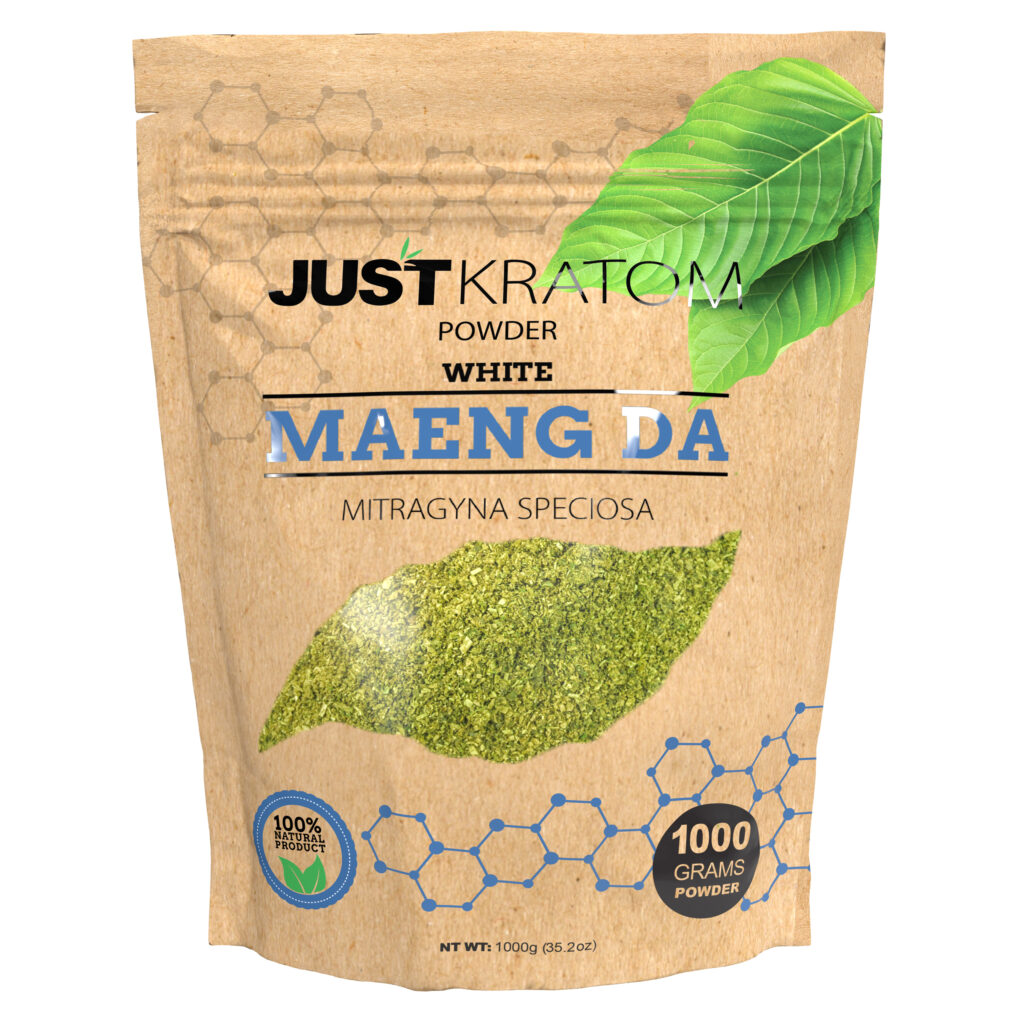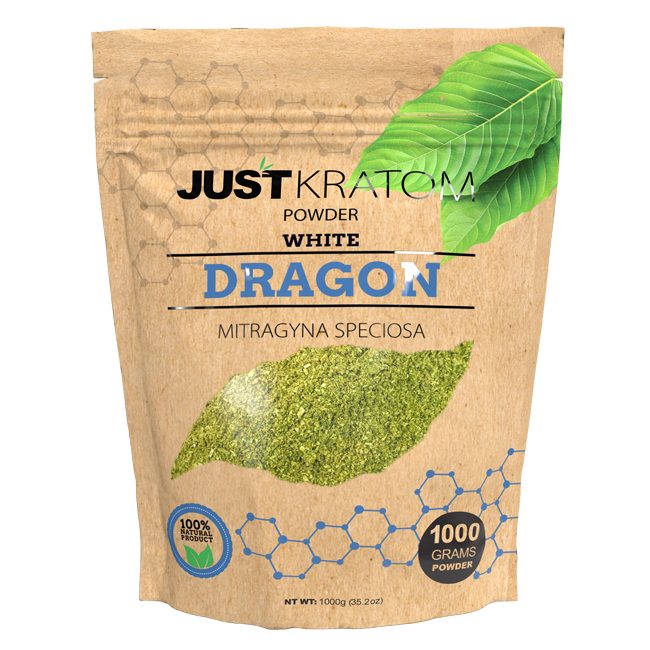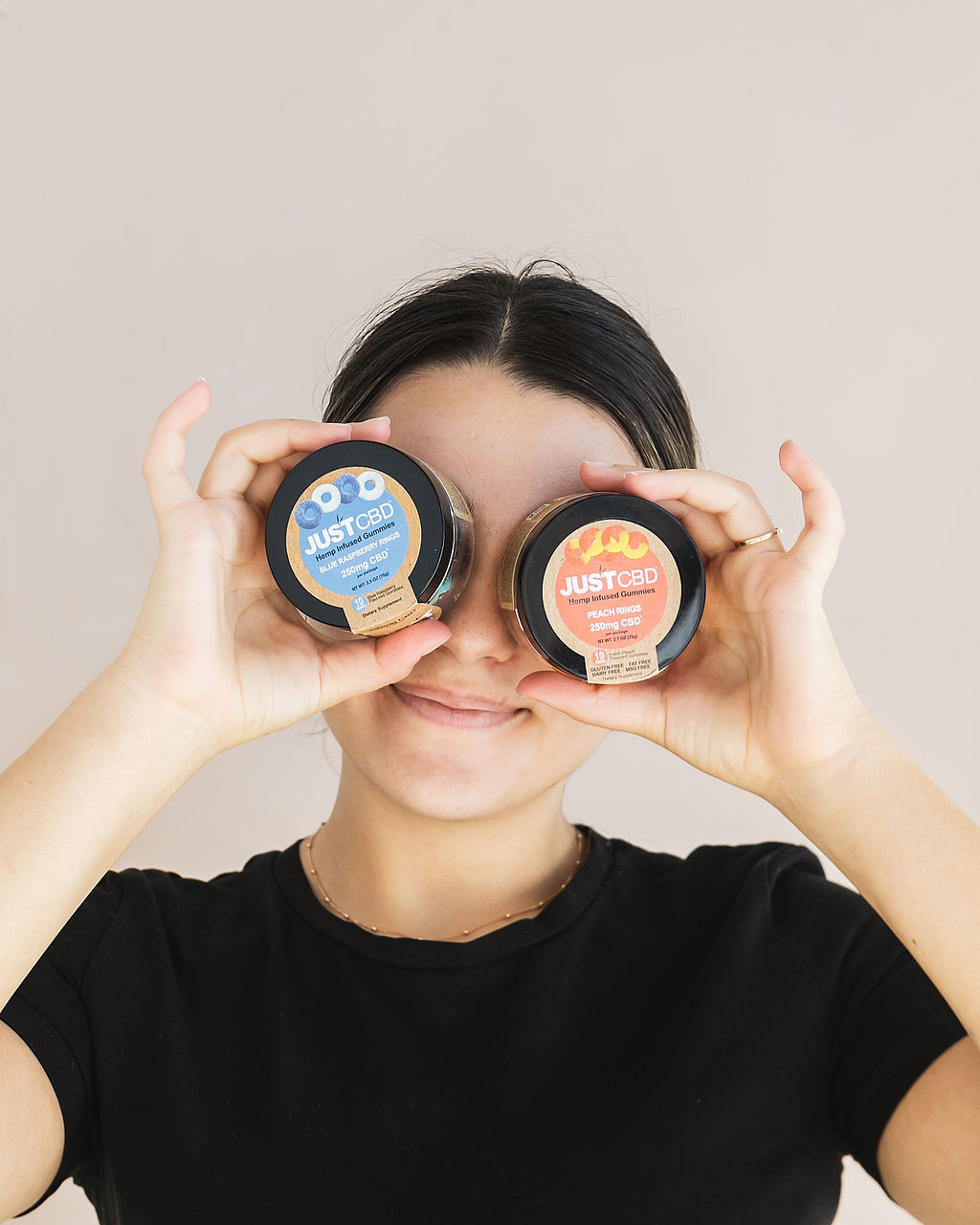Potential Benefits
Kratom, a tropical tree native to Southeast Asia, has gained increasing popularity for its potential therapeutic benefits. While best known for its effects on mood and pain relief, some individuals are exploring the use of kratom powder in skincare products. Proponents suggest that kratom’s antioxidant and anti-inflammatory properties could potentially benefit skin health.
Antioxidant Properties
Kratom contains various bioactive compounds, including alkaloids, flavonoids, and tannins. These compounds exhibit potent antioxidant activity, which means they can neutralize free radicals harmful to skin cells. Free radicals contribute to oxidative stress, a major factor in premature aging, wrinkles, and other skin damage.
The antioxidant properties of kratom may help protect the skin from environmental stressors such as UV radiation and pollution. Additionally, some studies suggest that kratom possesses anti-inflammatory effects. Inflammation can worsen skin conditions like acne, eczema, and rosacea. By reducing inflammation, kratom could potentially alleviate these symptoms.
Anti-inflammatory Effects
Potential benefits of incorporating kratom into skincare products stem from its antioxidant and anti-inflammatory properties. Kratom contains bioactive compounds that act as antioxidants, protecting the skin from damage caused by free radicals. Free radicals are unstable molecules that can harm skin cells, contributing to signs of aging and other skin issues.
The anti-inflammatory effects of kratom may also be beneficial for skin health. By reducing inflammation, kratom could help manage conditions like acne, eczema, and rosacea, alleviating associated symptoms.
Antimicrobial Action
Kratom’s potential antimicrobial action arises from the presence of certain alkaloids within its compounds. Some studies indicate that these alkaloids can inhibit the growth of bacteria and fungi. This antimicrobial property could be valuable in skincare products aimed at combating acne-causing bacteria or fungal infections affecting the skin.

The antimicrobial action of kratom, if proven effective through further research, could contribute to its potential use in skincare for treating specific skin conditions caused by microbial imbalances.
Possible Applications
Kratom, an increasingly popular herbal supplement, is being explored for its potential applications in skincare. Proponents suggest that the plant’s antioxidant and anti-inflammatory properties could benefit various skin concerns.
Topical Creams and Ointments

Topical creams and ointments are a common delivery method for ingredients intended to benefit the skin. They can effectively deliver kratom extracts to the skin’s surface, allowing for direct contact with affected areas. These formulations can be customized to include additional beneficial ingredients, such as moisturizing agents or soothing herbs.
The choice of base for a kratom topical would depend on the desired texture and absorption rate. For example, creams tend to be more emollient and hydrating, while ointments offer a thicker consistency that may be more suitable for deeper penetration or for targeting specific areas.
Face Masks
Kratom could be incorporated into various skincare products such as face masks, serums, moisturizers, and cleansers. Face masks, in particular, offer a direct and concentrated application method for delivering kratom’s potential benefits to the skin.
Kratom-infused face masks could target specific concerns like acne, inflammation, or signs of aging. The mask’s consistency allows for even distribution and prolonged contact with the skin, enhancing the absorption of active ingredients.

Additionally, face masks can be formulated with other beneficial ingredients to create synergistic effects. For instance, combining kratom with clay for its detoxifying properties or hyaluronic acid for hydration could enhance the overall efficacy of the mask.
Hair Products
Kratom’s potential applications in hair products stem from its antioxidant and anti-inflammatory properties. The antioxidants in kratom may help protect hair follicles from damage caused by free radicals, which can contribute to hair loss and premature graying.
Its anti-inflammatory properties could soothe an irritated scalp, potentially alleviating conditions like dandruff or scalp psoriasis. Kratom could be incorporated into shampoos, conditioners, and scalp treatments to deliver these potential benefits to the hair and scalp.
For example, kratom-infused shampoos could help protect hair from environmental damage while promoting a healthy scalp environment. Conditioners containing kratom might improve hair strength and reduce breakage.
Scalp treatments with kratom could target inflammation and promote healthier hair growth. The potential for kratom to combat microbial imbalances on the scalp makes it a possible ingredient in products aimed at addressing dandruff or fungal infections affecting the scalp.
Safety and Considerations
Before exploring the potential benefits of kratom in skincare, it’s important to consider safety and potential risks. Kratom contains various alkaloids, some of which can have psychoactive effects and may interact with medications. Individuals with pre-existing health conditions should consult a healthcare professional before using kratom topically or ingesting it.
It’s also crucial to source kratom from reputable suppliers to ensure product quality and safety. Research the specific strains and concentrations of kratom used in skincare products, as different strains may have varying levels of potency and potential side effects.
Allergies and Sensitivities
Before using kratom in any skincare routine, individuals should be aware of potential allergies or sensitivities. While kratom is generally considered safe for topical use, some people may experience skin irritation, redness, or itching upon application. It’s recommended to perform a patch test on a small area of skin before applying it more widely.
Individuals with known allergies to other plants or herbs should exercise caution when using kratom-based products. If any adverse reactions occur, discontinue use and consult a healthcare professional.
It’s essential to note that kratom research is still ongoing, and more studies are needed to fully understand its long-term effects on skin health.
Drug Interactions
Before exploring the potential benefits of kratom in skincare, it’s important to consider safety and potential risks. Kratom contains various alkaloids, some of which can have psychoactive effects and may interact with medications. Individuals with pre-existing health conditions should consult a healthcare professional before using kratom topically or ingesting it.
- Source kratom from reputable suppliers to ensure product quality and safety.
- Research the specific strains and concentrations of kratom used in skincare products, as different strains may have varying levels of potency and potential side effects.
- Before using kratom in any skincare routine, individuals should be aware of potential allergies or sensitivities.
- Perform a patch test on a small area of skin before applying it more widely.
If any adverse reactions occur, discontinue use and consult a healthcare professional.
It’s essential to note that kratom research is still ongoing, and more studies are needed to fully understand its long-term effects on skin health.
Dosage and Concentration
Before incorporating kratom into any skincare regimen, it’s crucial to prioritize safety. Kratom contains various alkaloids, some of which can have psychoactive effects and may interact with medications. Individuals with pre-existing health conditions should consult a healthcare professional before using kratom topically or ingesting it.
When considering kratom for skincare, dosage and concentration are important factors. The optimal dosage will vary depending on individual skin type, sensitivity, and the specific formulation of the product. It’s best to start with a low concentration and gradually increase as needed, monitoring for any adverse reactions.
It’s essential to source kratom from reputable suppliers to ensure product quality and safety. Research the specific strains and concentrations of kratom used in skincare products, as different strains may have varying levels of potency and potential side effects.
Regulatory Status
Before using kratom in any skincare routine, individuals should be aware of potential allergies or sensitivities. While kratom is generally considered safe for topical use, some people may experience skin irritation, redness, or itching upon application. It’s recommended to perform a patch test on a small area of skin before applying it more widely.
Individuals with known allergies to other plants or herbs should exercise caution when using kratom-based products. If any adverse reactions occur, discontinue use and consult a healthcare professional.
Kratom’s regulatory status varies depending on the country or region. In some places, it may be legal for sale and consumption, while in others, it may be banned or heavily regulated. It is important to research the specific laws and regulations governing kratom in your area before using it.
Conclusion
While kratom shows promise as a potential ingredient for skincare, further research is necessary to fully understand its effects and safety. Consumers should approach kratom-based products with caution, prioritize safety by consulting healthcare professionals when needed, and remain informed about the regulatory status of kratom in their region.
Kratom Powder from Just Kratom for wellness
- Comparing THC Drinks To Traditional Cannabis Consumption Methods - May 9, 2025
- Graysexuality Explained: Navigating Attraction On The Spectrum - May 9, 2025
- Brow Lift Treatment Near Newdigate, Surrey - May 9, 2025
